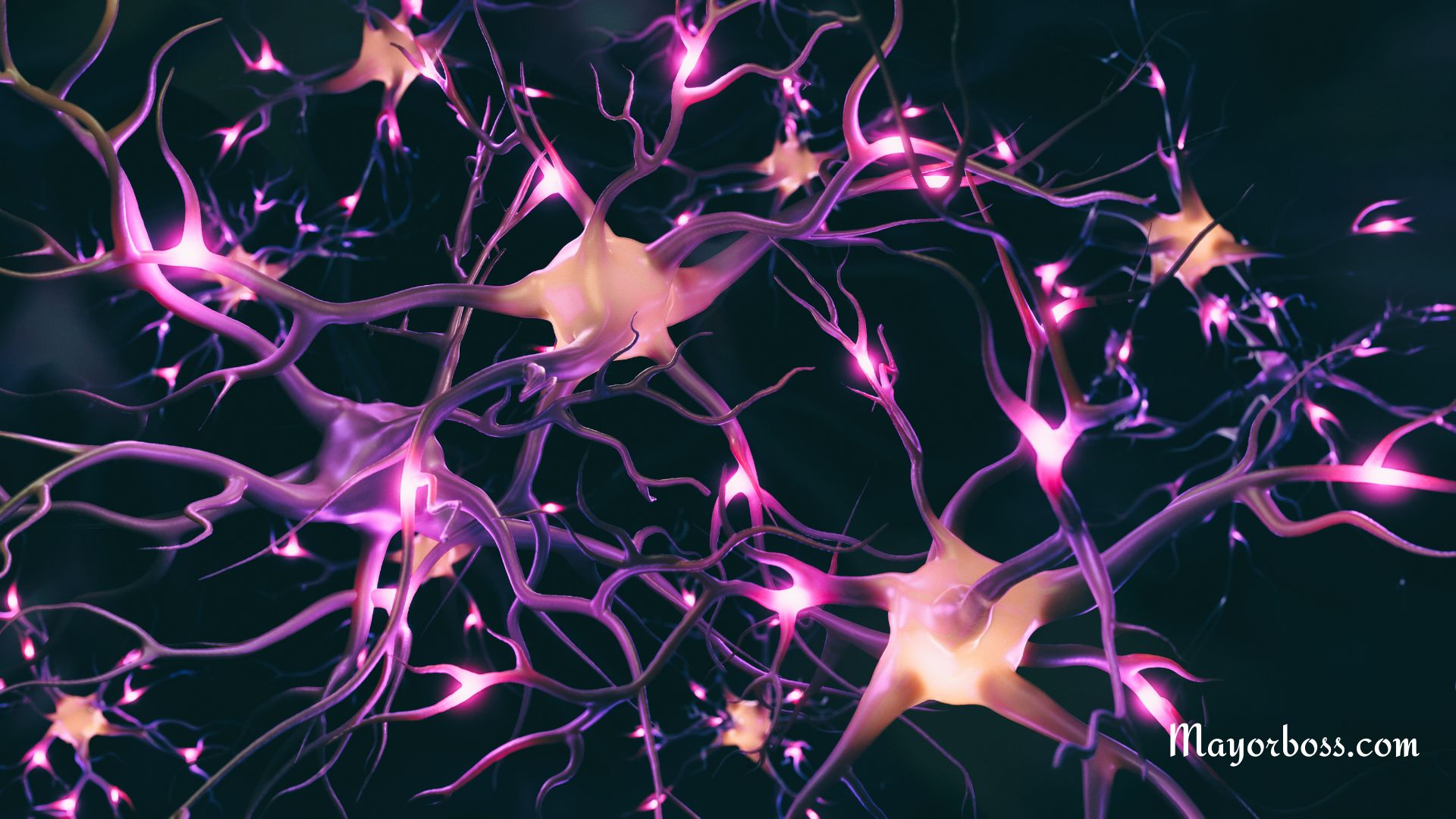Neurotransmitters: Your Brain’s Communication System
Have you ever wondered how your brain sends messages throughout your body? It’s a complex process involving a cast of tiny yet mighty molecules known as neurotransmitters. These are the chemicals responsible for transmitting signals across the synapse from one neuron to another. They play a vital role in shaping everyday life and functions. But what exactly are they, and how do they impact your well-being?
Understanding Neurotransmitters
Neurotransmitters are essentially the brain’s chemical messengers. They are released from a neuron’s axon terminal and cross the synaptic gap to reach the receptor sites of another neuron. This process is crucial for the brain to communicate with the rest of the body.
Types of Neurotransmitters
There are many different neurotransmitters, each with a specific role. Some of the most well-known include:
- Dopamine: Often associated with pleasure and reward, dopamine also plays a key role in movement, motivation, and emotional responses.
- Serotonin: This neurotransmitter helps regulate mood, anxiety, and happiness. Imbalances in serotonin levels are linked to depression.
- GABA (Gamma-Aminobutyric Acid): GABA acts as an inhibitory neurotransmitter, helping to control fear and anxiety when neurons become overexcited.
- Acetylcholine: Vital for learning and memory, acetylcholine is also involved in muscle contraction.
- Norepinephrine: This neurotransmitter affects attention and responding actions in the brain. It also plays a role in the ‘fight or flight’ response.
How Neurotransmitters Affect You
Mood and Mental Health
The balance of neurotransmitters is crucial for maintaining mood and mental health. For instance, low levels of serotonin are linked to depression, while imbalances in dopamine can affect focus and motivation.
Physical Health
Neurotransmitters also have a significant impact on physical health. Acetylcholine, for example, is essential for muscle movement. Any disruption in its levels can lead to muscle weaknesses and other issues.
Sleep and Appetite
Serotonin and GABA are important for regulating sleep cycles and appetite. Disruptions in these neurotransmitters can lead to sleep disorders and changes in appetite.
Balancing Neurotransmitters
To maintain a healthy balance of neurotransmitters, consider the following:
- Diet: Eating a balanced diet that includes nutrients like omega-3 fatty acids, protein, and antioxidants can support neurotransmitter functions.
- Exercise: Regular physical activity can increase levels of neurotransmitters like serotonin and dopamine.
- Stress Management: High stress can disrupt neurotransmitter balance. Practices like mindfulness and yoga can help manage stress.
Potential Problems
Imbalances
An imbalance in neurotransmitters can lead to a variety of health issues, including mental health disorders, sleep problems, and cognitive impairments.
Medications and Substance Use
Certain medications and substances can affect neurotransmitter levels. For example, antidepressants often target serotonin to help alleviate symptoms of depression.
Aging
As you age, changes in neurotransmitter production and function can occur, potentially affecting mood, cognition, and overall health.
Frequently Asked Questions
- Can you naturally increase neurotransmitters? Yes, activities like exercise, a balanced diet, and stress reduction techniques can naturally boost neurotransmitter levels.
- Are neurotransmitter imbalances always the cause of mental health issues? While they can play a significant role, mental health is complex and involves a combination of genetic, environmental, and psychological factors.

In conclusion, neurotransmitters are fundamental to your brain’s function, affecting everything from your mood to your physical health.
